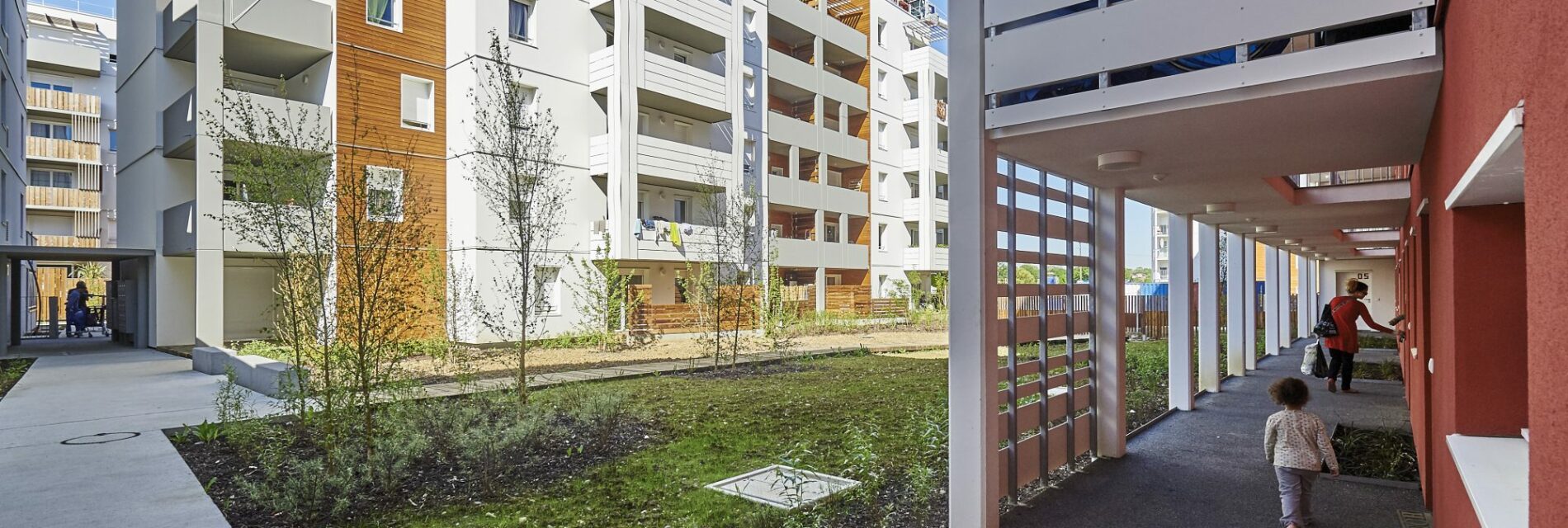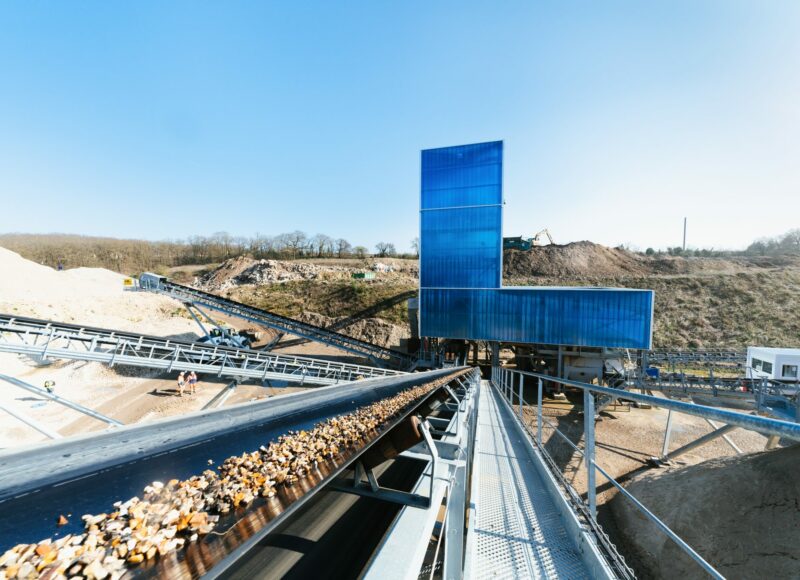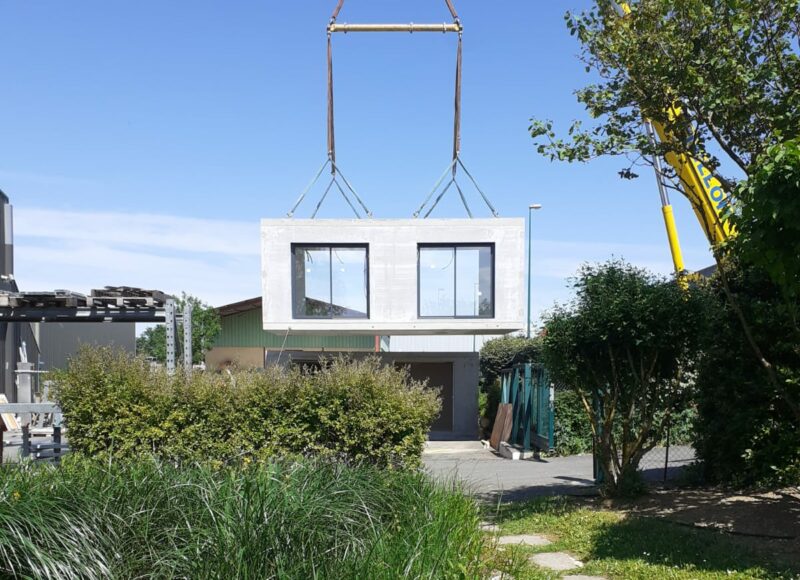Life Cycle Assessment (LCA) evaluates the overall impacts of a project on health, biodiversity, climate and resources.
The long lifespan of buildings and infrastructure requires carrying out the analysis over a reference period of 50 to 100 years or even longer. A building LCA tool was developed at the Centre for Energy Efficiency of Systems (CES) at MINES ParisTech in the 1990s and then extended to neighbourhoods in 2004 while taking into account buildings, roads and networks (heat and water).
The so-called “consequential” LCA makes it possible to factor in the consequences of decisions by considering these complex interactions. The electricity production mix and its changes over time have a considerable influence on the environmental impact of projects. The CES has therefore perfected the LCA of built ensembles by modelling the energy mix and, in particular, its changes over time according to prospective energy transition scenarios, in conjunction with the CMA (Centre for Applied Mathematics). But the assessment would be incomplete if it did not inform decision-makers about the uncertainties of the results. Sensitivity analysis and propagation of uncertainty methods have therefore been developed and implemented on some test cases.
Optimisation based on genetic algorithms is used in the design phase to identify solutions with lower environmental impact and lower cost.
At the École des Ponts ParisTech, the Navier laboratory invests in life-cycle assessment by applying it to various construction materials: glass, steel, concrete, wood. The approach involves an assessment of the impacts related to production processes, sites and distribution routes, as well as the construction site for these materials.
LCA has also been applied to mobility systems by the Laboratoire Ville Mobilité Transport, which has carried out an assessment of the infrastructure and vehicles. This analysis is supplemented by an assessment of the social and economic impacts.
Finally, AgroParisTech uses LCA to measure the environmental costs and benefits generated by farms in urban areas in Paris and California. The objective of this work is to develop a design support tool for practitioners.
- About
- Scientific publications
- Projects
- Practitioner groups
- Posts






